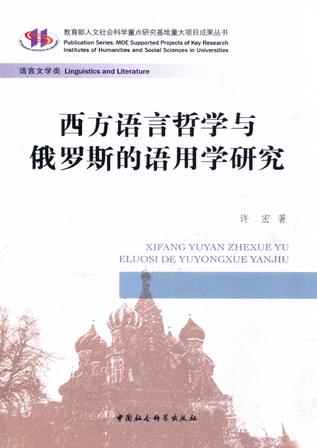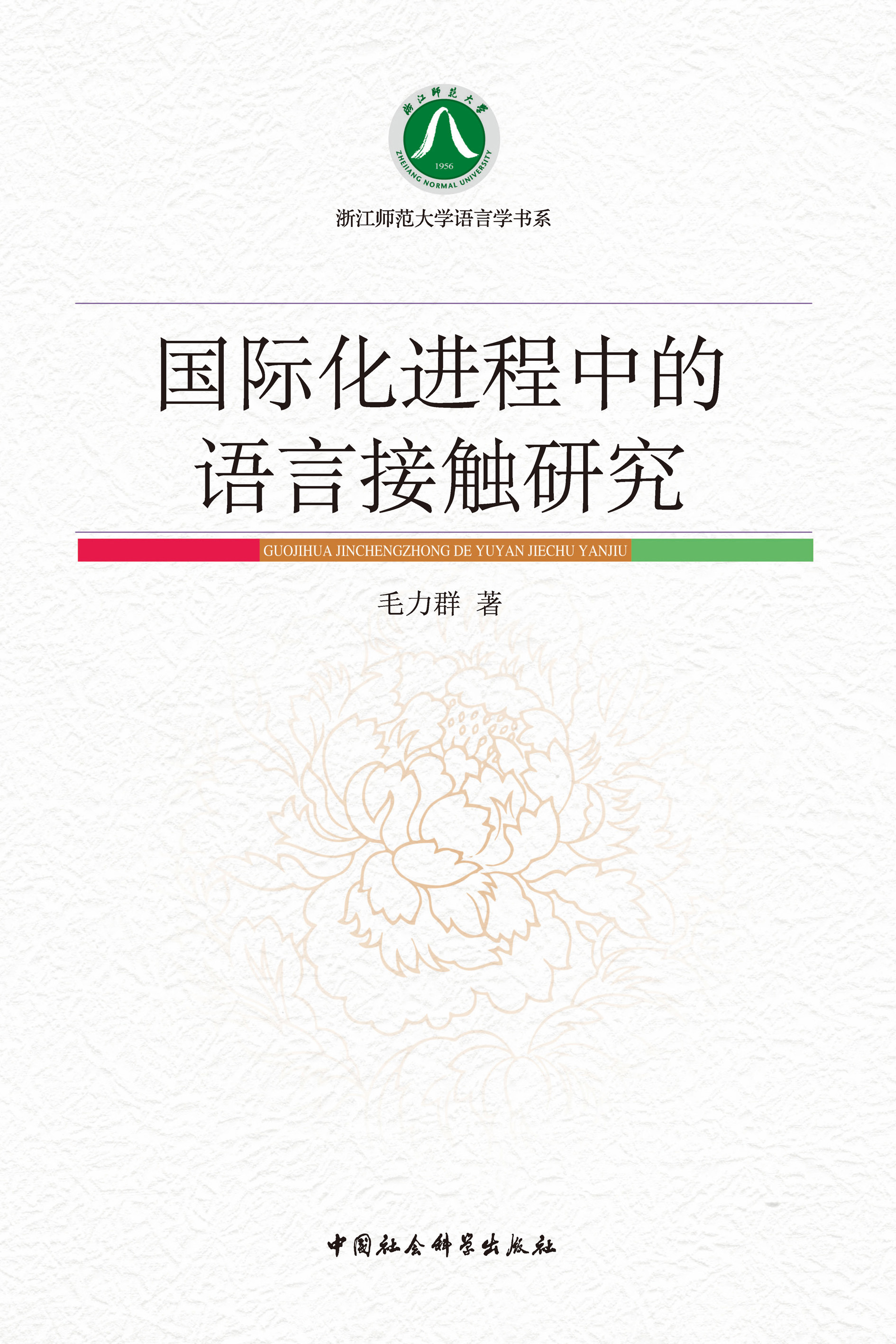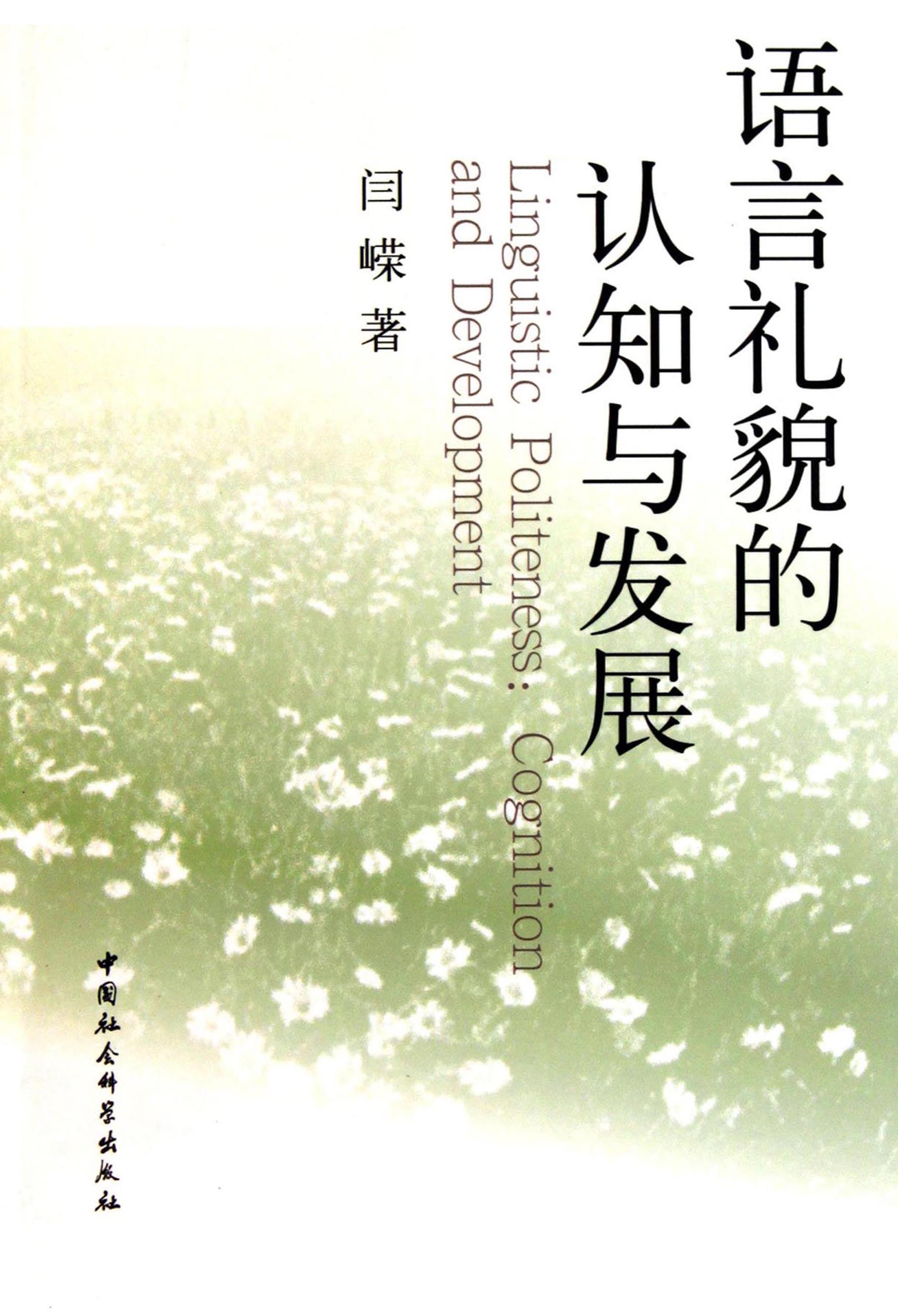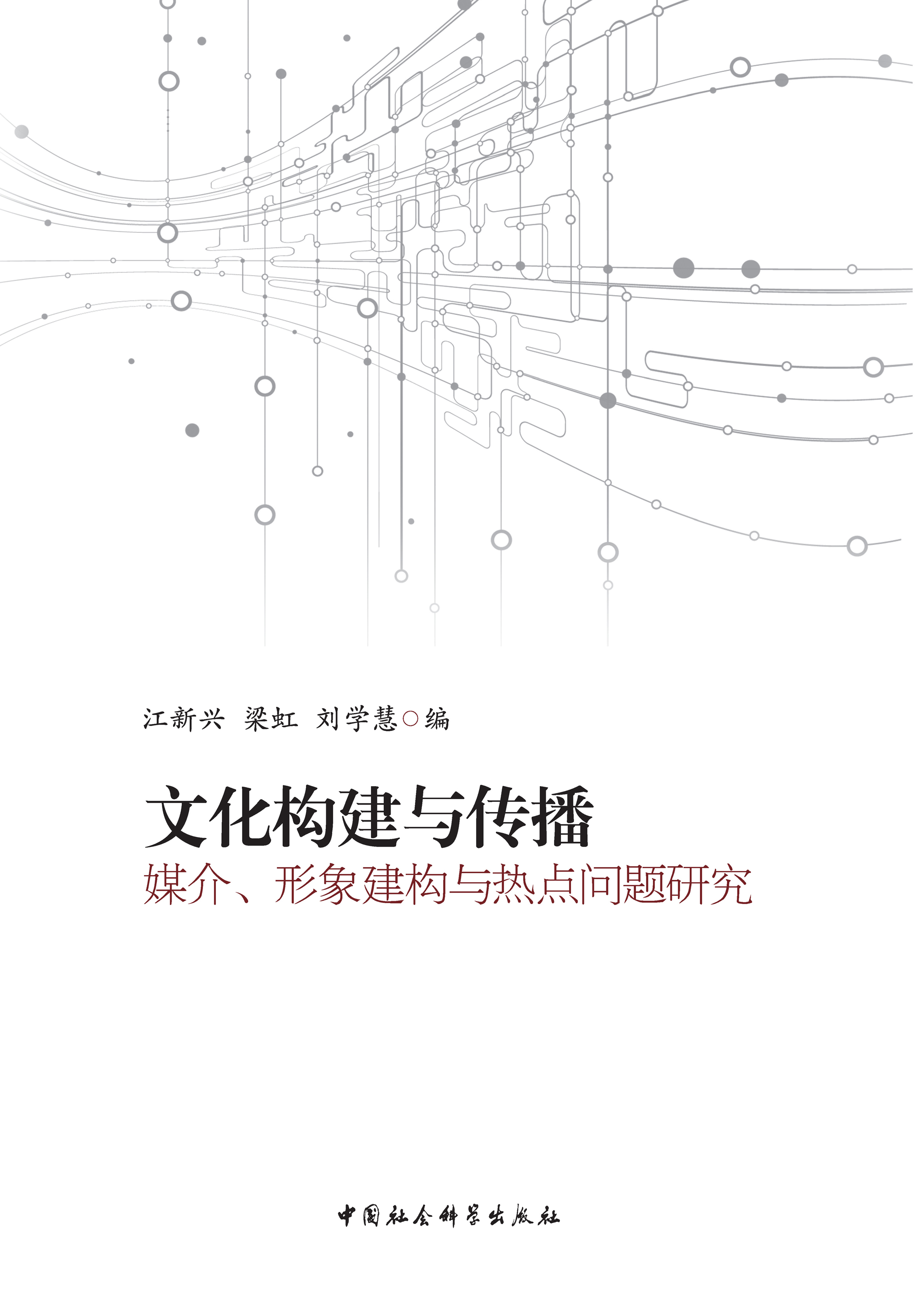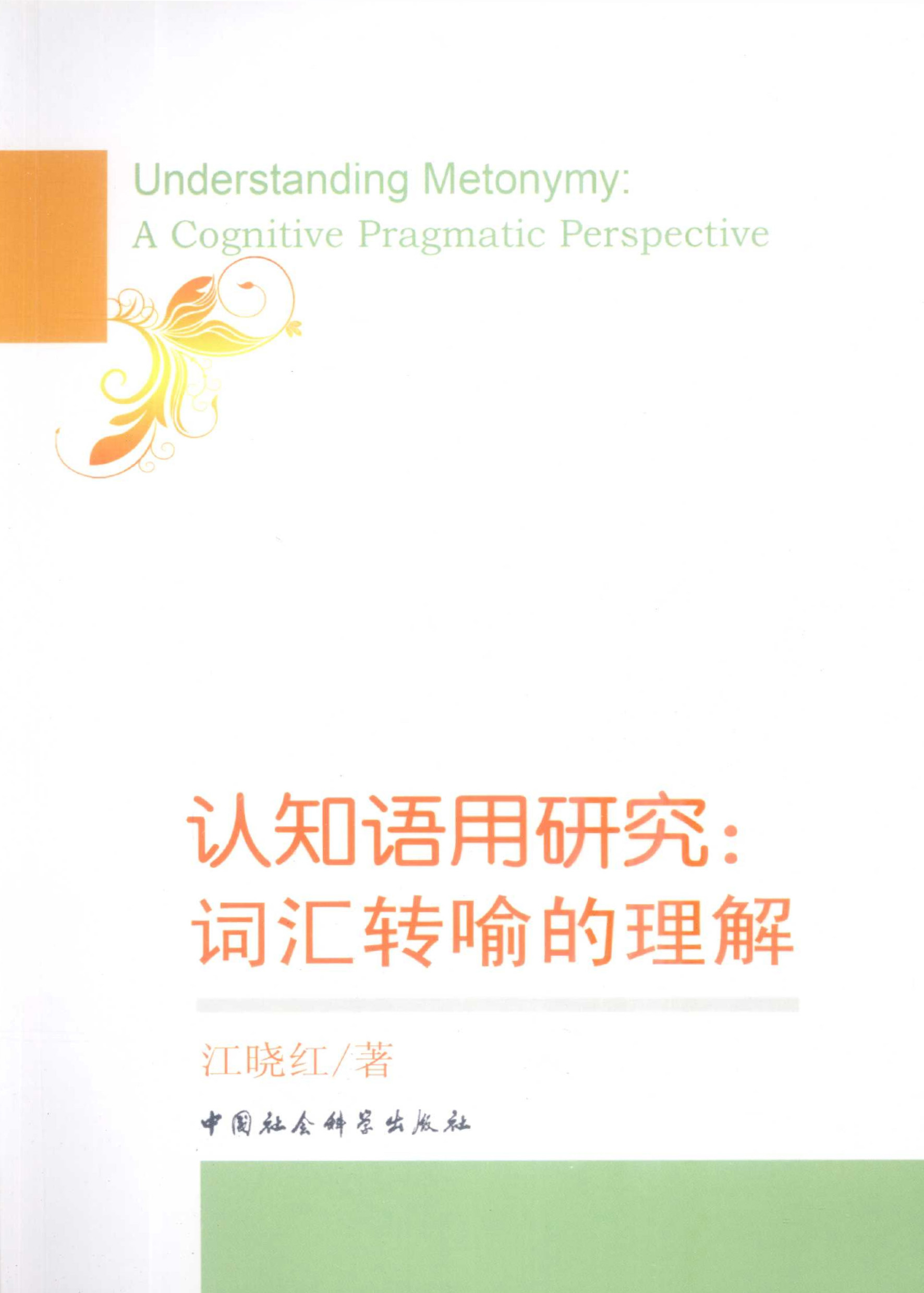
认知语用研究:词汇转喻的理解
Understanding Metonymy:A Cognitive Pragmatic Perspective
纸书售价: ¥26.0 纸书定价:¥26.0
-
作者: 江晓红出版时间: 2009-05-01ISBN: 978-7-5004-7702-0字数: 232千字浏览人数: 296次
内容简介
作者简介
目录
目录
Chapter One Introduction
1.1 The importance of metonymy in verbal communication
1.2 The target of research
1.3 Rationale of the research
1.4 Objectives of the study
1.5 Methodology for the research
1.6 Organization of the dissertation
Chapter Two Review of the Relevant Literature
2.1 Introduction
2.2 Structuralist views
2.3 The perspective of cognitive semantics
2.3.1 Reference-point phenomena
2.3.2 The idealized cognitive model
2.3.3 Meaning elaboration
2.4 The pragmatic approach
2.4.1 Previous pragmatic accounts of metonymy
2.4.2 A preliminary relevance-theoretic account of metonymy
2.5 The limitations in current accounts of metonymy
Chapter Three A Description of the Conceptual Framework
3.1 Introduction
3.2 The delimitation of metonymy for the present study
3.2.1 Linguistic realization of metonymy
3.2.2 The working definition of metonymy
3.2.3 Distinguishing metonymy from metaphor
3.3 Theoretical foundations
3.3.1 Relevance theory
3.3.2 Cognitive semantics
3.3.3 The complementarity of cognitive semantics and relevance theory
3.4 The characterization of the conceptual framework
3.4.1 Constraints involved in metonymy recognition
3.4.2 Comprehension heuristics employed in metonymy interpretation
3.4.3 Cognitive effects achieved in metonymy interpretation
Chapter Four Constraints on Metonymy Recognition
4.1 Introduction
4.2 Syntactic constraint: syntactic deviations
4.3 Semantic constraint: violations of selection restriction
4.4 Cognitive constraint: cognitive principles of relative salience
4.4.1 Human experience
4.4.2 Perceptual selectivity
4.4.3 Cultural preferences
4.5 Pragma-cognitive constraint: the constraining influence of context
4.5.1 Dynamic context
4.5.2 Mutual manifestness
4.6 Conclusion
Chapter Five Ad hoc Concept Construction of Metonymy
5.1 Introduction
5.2 Lexical pragmatics and ad hoc concept construction
5.3 The“transfers of meaning”issue
5.3.1 Reference transfer
5.3.2 Contextual variability of word meaning
5.4 An alternative solution to“transfers of meaning”
5.4.1 Cracking contiguity relations of metonymy
5.4.2 A refined relevance-guided comprehension heuristics
5.4.3 A cognitive pragmatic interpretation of metonymy: an application
5.5 Reference transfer and beyond
5.6 Conclusion
Chapter Six Cognitive Effects of Metonymy in Utterance Interpretation
6.1 Introduction
6.2 Economy considerations
6.3 Contextual implications
6.3.1 A trade-off between cognitive effort and cognitive effects
6.3.2 Highlighting of associative relations
6.4 Poetic effects
6.4.1 Strong and weak implicature
6.4.2 Speaking the unspeakable
6.4.3 Achieving interpersonal effects
6.5 Conclusion
Chapter Seven Conclusion
7.1 Major findings
7.2 Implications
7.2.1 Philosophical implications: sense and reference
7.2.2 Linguistic implications: semantics-pragmatics distinction
7.2.3 Logical implications: ways of inference and utterance interpretation
7.3 Suggestions for further study
Bibliography
后记
版权所有:中国社会科学出版社 备案序号: 京ICP备05032912号-1 地址:北京西城区鼓楼西大街甲158号 邮编:100720


